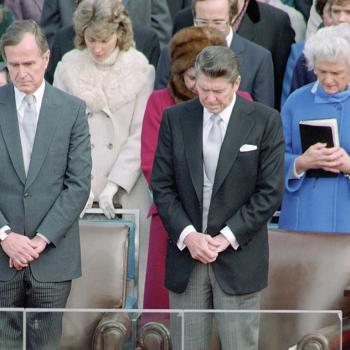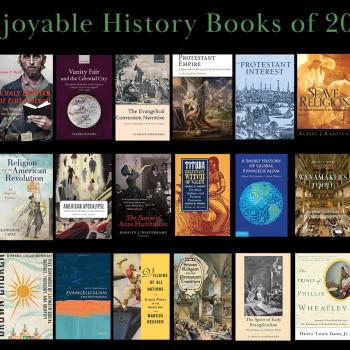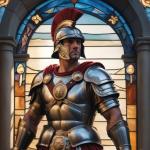For the Fourth of July, here are five compelling books on the American Revolution. A few caveats: these are all books written by academic historians for a popular audience. I’m not including books on the Revolution by journalists and other writers, though there are many excellent ones, such as Ron Chernow’s biographies of Alexander Hamilton and George Washington. I’m not including primary sources, just books by contemporary historians. And need I mention that I am not including my own books?? Here we go:
1) Gordon Wood, The Radicalism of the American Revolution (1991). OK, a conventional pick, but this is arguably the finest book on the Revolution by a living historian, and more readable than his equally brilliant Creation of the American Republic.
2) David Hackett Fischer, Paul Revere’s Ride (1994). Fischer’s evocative story places Revere in his proper colonial context. After reading this, you’ll understand why it was impossible that Revere would have ever said “The British are coming!”
3) Pauline Maier, American Scripture: Making the Declaration of Independence (1997). The definitive history of the Declaration, its creation, and the way that Americans came to revere it as a quasi-sacred document.
4) James Byrd, Sacred Scripture, Sacred War: The Bible and the American Revolution (2013). The newest book on my list, Byrd has dramatically transformed our understanding of how the Bible was actually used in the Revolution. Byrd bothered to count the number of times particular passages were cited in Revolutionary-era publications. So, for instance, did the Patriots deal with Romans 13 and its strictures against rebellion? It turns out that this passage was the most commonly cited one during the Revolution.
5) Maya Jasanoff, Liberty’s Exiles: American Loyalists in the Revolutionary World (2011). Our finest book on the Loyalists in the Revolution, Jasanoff’s fascinating account shows why so many Americans – including a number of evangelical Christians – found themselves defending the British Empire and what she calls the “Spirit of ’83.” My Books and Culture review of Jasanoff is here.
What do you think? What books would you have included?
@ThomasSKidd on Twitter
















